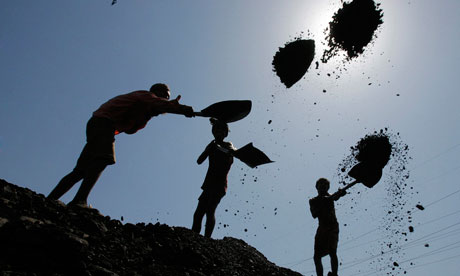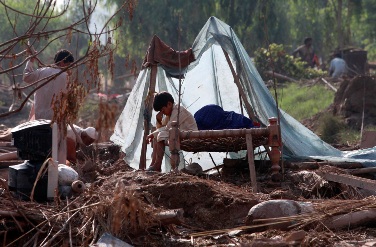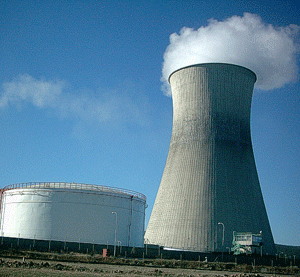Dear Friends,
As Pakistan struggles to rescue families from flood waters and fend off disease and starvation before winter sets in, it is scrambling to pay out a shocking 30% of its annual budget revenues to foreign creditors on debt incurred by previous dictatorships.
If Pakistan is obliged to make these debt payments, rescue efforts for tens of millions of people whose lives have been devastated could be crippled. Earlier this year, we persuaded creditor governments to drop Haiti's debt after it was devastated by an earthquake -- and now we could do the same for Pakistan.
Right now international financial institutions and donor countries are assessing how to assist Pakistan. Let's come together and call for life-saving debt relief for the people of Pakistan. Sign the petition below to stop these stifling debt payments and let Pakistan rebuild, and it will be delivered directly to ministers and senior officials attending the Annual Meetings of the World Bank and the International Monetary Fund (IMF).
http://www.avaaz.org/en/pakistan_cancel_the_debt97.php?cl_tta_sign=22923291adad0a709a43651304156e43
Pakistan's staggering $55 billion debt burden comes from decades of reckless spending, matched by irresponsible lending on the part of Western creditors and banks.
But 60% of Pakistanis still live below the poverty line. It is a tragic irony that these tens of millions of Pakistanis whose lives have been destroyed in these floods and who have received little or no benefit from these massive loans, are the ones now footing the bill of such unjust debt.
In the aftermath of Haiti's earthquake, Hurricane Mitch in Central America, and the Asian tsunami, the world responded by suspending and cancelling debt payments from affected countries. Pakistan's debt is too vast to cancel in one swoop, but a two year moratorium with accountability mechanisms to ensure that the released funds are spent on relief is a first step and now is the moment to push for it.
Together we have donated a stunning $1 million which is already making a difference to desperate Pakistani flood victims. But if we win this debt campaign, we can make billions available for relief and reconstruction. Let's make sure the international community does the right thing. Sign the urgent petition below and share this message with all your friends and family:
http://www.avaaz.org/en/pakistan_cancel_the_debt97.php?cl_tta_sign=22923291adad0a709a43651304156e43
With hope and solidarity,
Luis, Iain, Paula, Ricken, Alice, Pascal and the entire Avaaz team
PS - Over the last 2 weeks, thousands of us have contributed US$1 million for relief and recovery from the Pakistan floods, which has been sent to support the Sungi Development Foundation, Hirrak Development Centre (HDC), Participatory Welfare Services (PWS) and other outstanding local organisations provide life-saving food, water, shelter and medical care across the country.
Sources:
# Race against winter in Pakistan's north-west:
http://www.bbc.co.uk/news/world-south-asia-11128880
# Reuters, IMF talks: all options being explored to help Pakistan:
http://www.reuters.com/article/idUSN26195747._CH_.2400
# "Fuelling Injustice: Debt and Muslim countries", Report by Jubilee Debt Campaign and Islamic Relief UK:
http://www.jubileedebtcampaign.org.uk/?lid=6302&bid=13
# Jubilee USA Network Calls for Immediate Debt Service Moratorium in Response to Disaster, Assistance in Grant Form:
http://www.jubileeusa.org/press/press-item/article/new-debt-for-disaster-for-pakistan.html?tx_ttnews[backPid]=170&cHash=02e62f133f
# EURODAD, "Pakistan needs debt cancellation, not new IMF loans":
http://www.eurodad.org/whatsnew/articles.aspx?id=4220
Avaaz.org is a 5.5-million-person global campaign network that works to ensure that the views and values of the world's people shape global decision-making. ("Avaaz" means "voice" or "song" in many languages.) Avaaz members live in every nation of the world; our team is spread across 13 countries on 4 continents and operates in 14 languages. Learn about some of Avaaz's biggest campaigns here, or follow us on Facebook or Twitter.
To contact Avaaz, please do not reply to this email. Instead, write to us at www.avaaz.org/en/contact or call us at +1-888-922-8229 (US).






























